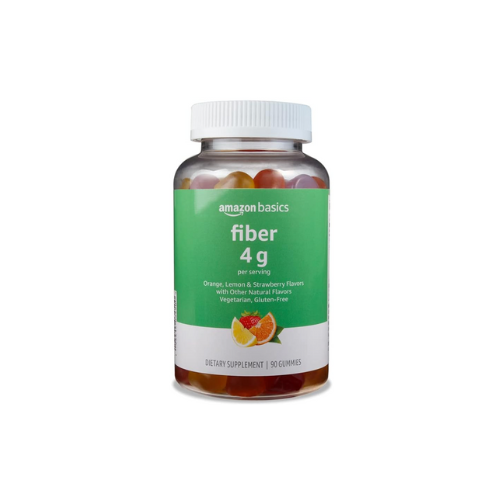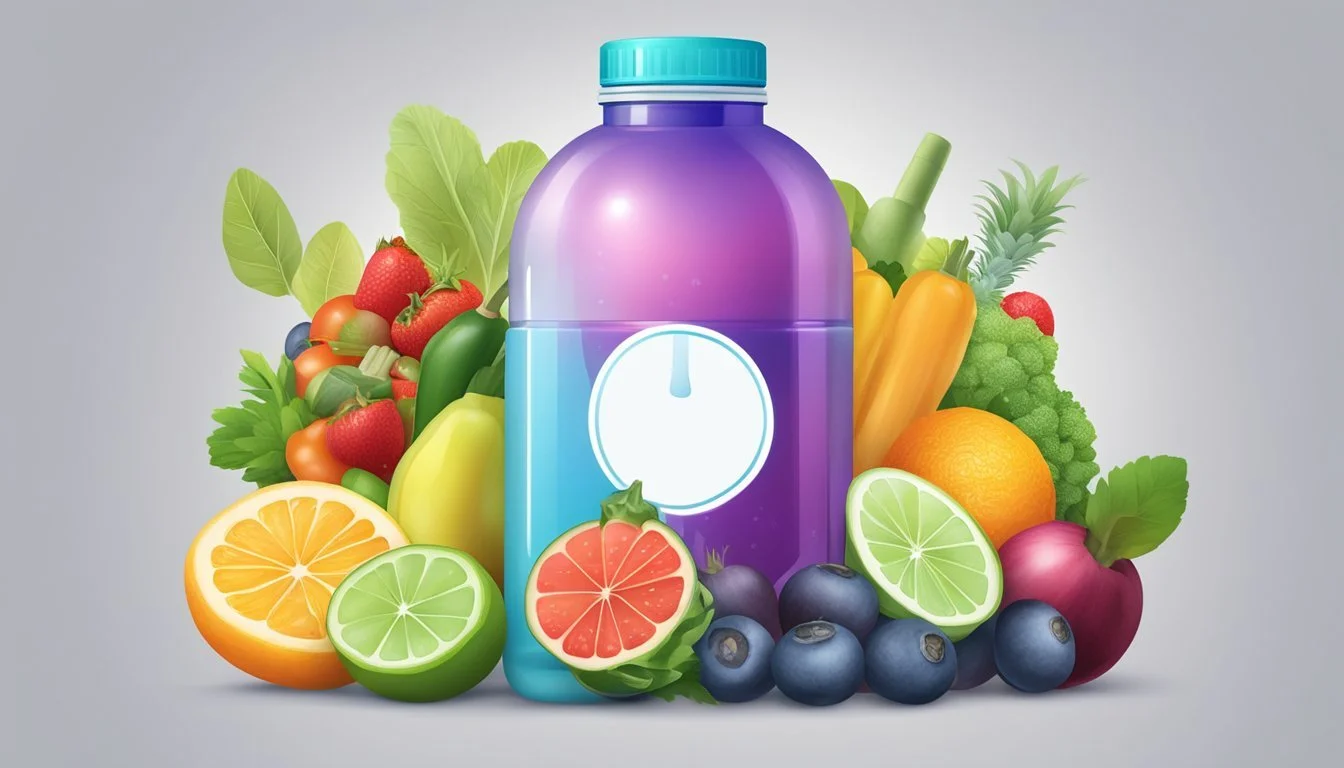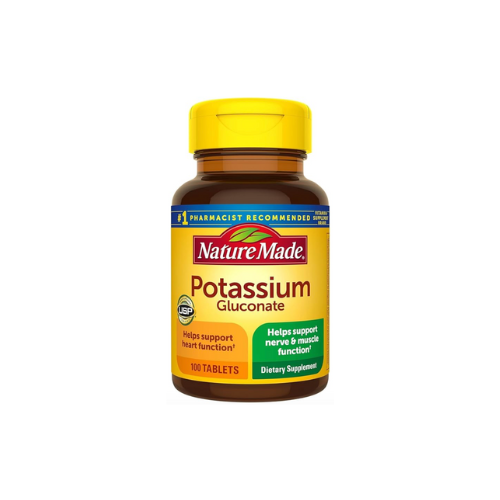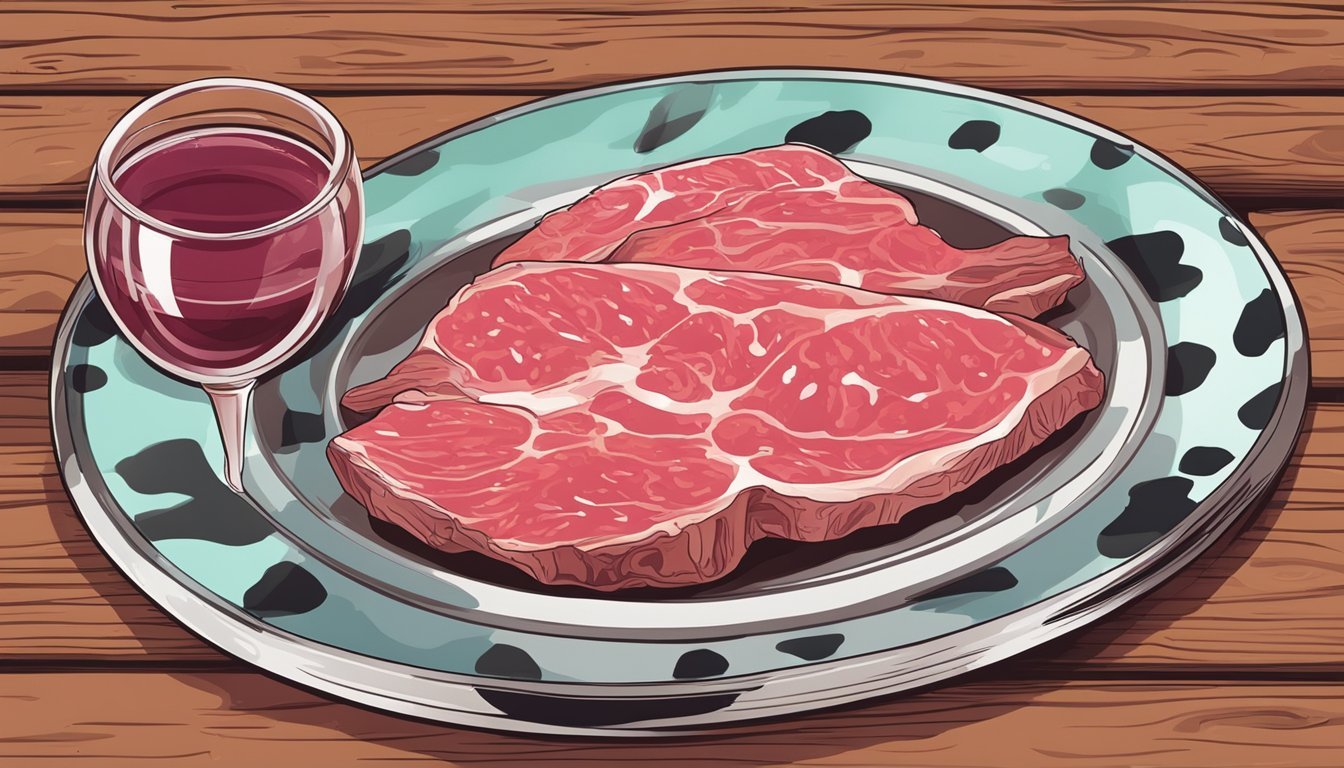Liquid IV Carnivore Diet
Hydration and Nutrient Absorption Simplified
When adopting a carnivore diet, which is an eating plan that includes only animal products, individuals often seek ways to ensure they maintain a proper balance of nutrients and hydration. The cornerstone of this diet is a focus on meat consumption, typically eschewing plant-derived foods altogether. Hydration, essential for all diets, is of particular interest to adherents of the carnivore diet because it can affect energy levels, digestion, and overall health. Electrolytes, vital for bodily functions, sometimes need replenishment as the carnivore diet can alter the body's electrolyte balance.
Liquid I.V. is a product that has gained attention among those following a carnivore diet for its claims of enhanced hydration. It's an electrolyte powder that is added to water to facilitate quicker hydration than water alone. This is due to the cellular transport technology used in Liquid I.V., which purportedly aids in the rapid absorption of water and electrolytes into the bloodstream. However, it's important for individuals to consider the compatibility of such supplements with their dietary choices, given that certain products might contain ingredients not in line with the strict carnivore philosophy.
As the carnivore diet excludes typical sources of electrolytes like fruits and vegetables, users may be considering alternative strategies similar to Liquid I.V. to manage their electrolyte levels. This is especially pertinent during the initial transition period to a carnivore diet, where the body is adjusting to the new nutrient sources and might experience what is popularly known as 'keto flu', characterized by symptoms that can be mitigated by proper hydration and electrolyte intake. Therefore, a careful examination of Liquid I.V.'s ingredients and their compliance with the carnivore diet principles is crucial for individuals who wish to use it as a hydration supplement.
Understanding The Carnivore Diet
The Carnivore Diet is centered around the consumption of animal products and excludes plant-based foods, focusing on protein and fat intake.
Carnivore Diet Basics
The primary principle of the Carnivore Diet is to consume only animal products, which include meat, offal (organ meats), eggs, and some dairy products. Individuals on this diet avoid all plant-based foods. This approach to eating emphasizes:
High Protein Content: Animal products such as ribeye, salmon, shrimp, and liver are staples, providing essential amino acids.
High Fat Content: Fat sources include butter and the fats found naturally in animal products. Some variations allow for the inclusion of certain oils such as MCT oil.
Potential Health Benefits
Advocates claim that the Carnivore Diet can lead to weight loss and may simplify eating by reducing food choices. The diet's high protein and fat content can be satiating, potentially helping with appetite control. However, these claims are based on anecdotal evidence rather than large-scale research studies.
Common Challenges and Nutritional Gaps
Adherents of the Carnivore Diet may face challenges such as:
Scurvy Risk: The absence of Vitamin C, typically found in fruits and vegetables, may raise concerns about scurvy, a disease resulting from Vitamin C deficiency.
Nutritional Gaps: Without plant-based foods, one might lack certain nutrients and fiber.
To address these issues, some carnivores opt for organ meats like liver, which contain some Vitamin C, or use supplements tailored for the diet, such as electrolyte powders.
When it comes to getting the best deals, buying vitamin C and fiber supplement, online is the way to go!
Importance of Hydration and Electrolytes
Hydration and electrolyte balance are vital to the success of a carnivore diet. They support key physiological functions and are crucial for maintaining health.
Role of Hydration in Overall Well-Being
Hydration is fundamental to health, especially on a protein-rich carnivore diet. Water is necessary for metabolizing proteins and excreting waste products like urea. When one consumes a diet high in protein, their need for water increases, as the kidneys require sufficient fluids to process and eliminate metabolic byproducts. Optimal hydration supports various systems in the body, from digestive health to cognitive function.
Electrolytes and Their Functions
Electrolytes, such as sodium, potassium, and magnesium, play pivotal roles in the body. Sodium helps regulate blood pressure and volume, and it's essential for muscle and nerve function. Potassium is necessary for heart function, muscle contractions, and nerve transmission. Magnesium is involved in over 300 enzymatic reactions, including protein synthesis, muscle and nerve functions, blood glucose control, and blood pressure regulation. On a carnivore diet, where intake from plant sources is nonexistent, ensuring adequate electrolyte levels is imperative.
Example of Electrolyte Functions:
Sodium
Key Functions: Muscle and nerve function, fluid balance
Potassium
Key Functions: Heart and muscle function, fluid balance
Magnesium
Key Functions: Enzymatic reactions, muscle and nerve function
If you're looking for potassium and magnesium, buying it online is your best bet!
Signs of Electrolyte Imbalance
An electrolyte imbalance can manifest through several symptoms. Muscle cramps or weakness might indicate low levels of potassium or magnesium. Persistent fatigue or headaches can also point to imbalances. In the context of a carnivore diet, individuals must be attentive to signs of imbalances, such as dizziness or nausea, which could imply that the kidneys are being stressed due to inadequate water and electrolyte intake. Monitoring these signs is important to make necessary adjustments to the diet.
Liquid IV on a Carnivore Diet
When adhering to a carnivore diet, one’s focus predominantly revolves around animal-based food consumption. Including a supplemental electrolyte solution such as Liquid I.V. may need careful consideration regarding its ingredients and macronutrient compatibility with this dietary approach.
Product Overview
Liquid I.V. is a hydration supplement that utilizes a specific ratio of sodium, potassium, and glucose to optimize water absorption. Typically, it comes in a powdered form that is meant to be mixed with water and consumed. They promote their use of Cellular Transport Technology (CTT), a delivery system designed to enhance rapid absorption of water and nutrients into the bloodstream.
Compatibility With Carnivore Diet
The compatibility of Liquid I.V. with the carnivore diet hinges on the diet's strict animal-only food paradigm. Since the carnivore diet excludes plant-based products and often minimizes or eliminates added sugars and carbohydrates, it is important to scrutinize Liquid I.V.’s fit within these constraints. Users following a carnivore diet might select electrolyte powders based on their minimal carb and sugar content to maintain adherence to dietary guidelines.
Ingredients and Macronutrient Profile
The standard formulation of Liquid I.V. contains the following key components:
Carbohydrates: While some versions contain sugar to facilitate the absorption of water, sugar-free options are available which may favor carnivore diet users who seek to limit carbohydrate intake.
Protein: Liquid I.V. does not contain protein, as its primary focus is hydration and electrolyte replenishment.
Electrolytes: Electrolytes in Liquid I.V. typically include sodium and potassium. Sodium is critical for hydration, nerve function, and muscle contractions, which makes it an essential component on any diet.
A typical macronutrient breakdown of Liquid I.V. is as follows (sugar-free variant assumed):
Carbohydrates
Quantity: 0 grams
Sugars
Quantity: 0 grams
Sodium
Quantity: High
Potassium
Quantity: ModerateIt is essential for individuals on the carnivore diet to examine the specific product variation of Liquid I.V. to ensure the absence of unwanted carbs or sugars. While electrolyte powders like Liquid I.V. may be seen as supplementary to individuals experiencing electrolyte imbalances, they should assess the nutritional label for diet conformity.
Assessing Nutritional Additions
When adhering to a strict carnivore diet, individuals often consider various nutritional additions to address potential deficiencies. In this section, we will explore the roles of bone broth, supplements, and sweetener options.
Bone Broth as an Alternative
Bone broth is a nutrient-rich liquid that can serve as an excellent alternative to commercial electrolyte drinks for those on a carnivore diet. It naturally contains minerals such as calcium, magnesium, and potassium, which are essential for maintaining proper electrolyte balance. Homemade bone broth has the added advantage of being free from added sugars and artificial ingredients, aligning well with the principles of the carnivore diet.
Key Nutrients in Bone Broth:
Calcium
Magnesium
Potassium
Supplements: Pros and Cons
While there may be a place for electrolyte supplements on a carnivore diet, it is critical to weigh their pros and cons. Supplements can help prevent deficiencies in electrolytes, particularly sodium, potassium, and magnesium. However, users must scrutinize supplement labels to avoid unwanted additives or sugars. Some people may advocate for using lite salt or no-salt products to increase potassium intake, but one should always consult a healthcare provider before making significant changes to supplement intake.
Considerations for Supplement Use:
Pros:
Targeted nutrient replenishment
Convenient for on-the-go use
Cons:
Potential for unwanted additives
Risk of over-supplementation
Artificial Sweeteners and Natural Options
Artificial sweeteners, such as those found in commercial electrolyte drinks, may contradict the objectives of the carnivore diet. Instead, natural sweetener options like stevia leaf extract provide a zero-calorie alternative that does not impact blood sugar levels. Stevia is considered by many to be a more suitable choice for those looking to adhere closely to a no-carb, no-sugar dietary framework. Nonetheless, it's important for consumers to choose a pure stevia product without additional ingredients that deviate from the diet's guidelines.
Sweetener Considerations:
Artificial Sweeteners:
May contain calories
Could trigger sugar cravings
Natural Options (e.g., Stevia):
Zero-calorie
No blood sugar impact
Potential Health Impacts
The carnivore diet, which omits plant-based foods and is rich in animal products, may lead to changes in weight loss, inflammation, and heart health. Individual responses to this diet can vary widely, particularly concerning electrolyte balance and overall well-being.
Weight Loss and Body Composition
The carnivore diet may simplify eating patterns, often resulting in reduced calorie intake, which can lead to weight loss. This diet's high protein content can help preserve muscle mass, which is important in overall body composition. However, long-term sustainability and nutrient adequacy are considerations that require further attention.
Weight Loss:
Simplification of diet could potentially reduce calorie consumption.
High protein intake supports muscle preservation.
Inflammation and Digestive Health
Some proponents of the carnivore diet argue that it offers anti-inflammatory benefits due to the exclusion of plant-based foods that they believe might cause irritation in the gut. The diet's high-quality protein from animal sources, such as meats and fish, might contribute to these potential effects. However, there are contradictory viewpoints suggesting that increased saturated fat intake from a carnivore diet can actually exacerbate inflammation.
Inflammation:
Potential reduction in food-induced gut irritation.
Risks concerning increased saturated fat intake.
Heart Health and Chronic Diseases
Discussions about the carnivore diet and heart health center around its potential impact on heart disease due to its high saturated fat content. While the diet might initially contribute to improved lipid profiles in some, its long-term effects on heart health are not well-established. Consistent electrolyte management with supplements, like sugar-free liquid IVs, may be necessary for some individuals following this diet due to changes in electrolyte balance impacting heart rate and well-being.
Heart Disease:
Early changes: Potential short-term improvements in lipid profiles.
Long-term concerns: Unclear implications for heart disease risk.
In summary, the carnivore diet presents a radical approach to nutrition that elicits varying health impacts. Specific issues such as weight loss, inflammation, and heart health are critical areas under review, where adherence to the diet may introduce both benefits and risks.
Making Informed Choices
When considering the inclusion of an electrolyte supplement like Liquid I.V. in a carnivore diet, it's essential that one carefully evaluates the available options. Reading labels for ingredients, comparing brands for cost-effectiveness, and assessing the environmental and ethical impact are fundamental steps in making an informed choice.
Reading Labels and Understanding Ingredients
Consumers should meticulously read ingredient labels on electrolyte powders to ensure they align with the strict animal product-only ethos of the carnivore diet. Ingredients should be scrutinized for the presence of sugars or additives that do not conform to the diet's guidelines. For instance, the Kaged brand offers a sugar-free electrolyte powder, which can be more suitable for individuals on the carnivore diet.
Key Ingredients to Look For: Sodium, Potassium, Magnesium
Ingredients to Avoid: Sugars, Artificial Flavors, Excessive Additives
Comparing Brands and Prices
Price comparison is crucial as it ensures that one is not only getting the right product but also the best deal. Online marketplaces like Amazon often provide competitive pricing and extensive brand selections. When comparing brands, individuals should consider the cost per serving, as some brands, mentioned in the search results, offer more competitive pricing than others.
Average Price Range: Varies from brand to brand; some as low as $0.50 to over $1.00 per serving.
Price Comparison Tools: Amazon's price comparison feature; brand's official website.
Considering Environmental and Ethical Factors
Researchers and consumers are increasingly acknowledging the importance of environmental and ethical considerations in their purchasing decisions. Electrolyte powder consumers should look into the brand's sustainability practices and whether they align with environmentally conscious principles. They should also evaluate the company's ethical stance, including sourcing and labor practices, to ensure they match personal values.
Environmental Considerations: Packaging, carbon footprint of production
Ethical Considerations: Sourcing of ingredients, company's labor practices
Sports Drinks Versus Natural Hydration Options
In the realm of hydration, particularly for individuals on the carnivore diet, one weighs the merits of sports drinks against natural hydration options, considering aspects such as nutritional content, health impact, and diet compliance.
Pros and Cons of Sports Drinks
Pros:
Electrolyte replenishment: Sports drinks like Gatorade contain electrolytes such as sodium and potassium, which are vital for maintaining hydration levels, especially after intense physical activity.
Quick hydration: The formulation of sports drinks often allows for faster absorption of fluids and minerals that the body needs to recover.
Cons:
Sugar content: Many sports drinks contain high levels of sugar, which can be counterproductive, potentially leading to energy crashes and not recommended for the carnivore diet.
Artificial additives: Some sports drinks include artificial colors and flavors that might not align with a natural, animal-based diet philosophy.
Natural Hydration Sources
Animal-based:
Bone broth: Nutritionally rich and diet-compliant for carnivores, providing minerals and hydration without unnecessary additives.
Milk: Can offer hydration alongside a nutrient profile that supports a carnivore diet, with the added benefit of calcium.
Water sources:
Mineral water: Offers hydration with the added benefit of naturally occurring minerals.
Spring water: Provides a clean taste and intrinsic minerals, typically with a neutral pH that is kind to tooth enamel.
Tap water: Widely accessible and, in many locales, contains added minerals; however, the quality can vary by region.
Impact on Dental and Bone Health
Sports Drinks: The typical acidity and sugar content found in sports drinks can contribute to the erosion of tooth enamel over time, potentially leading to dental health issues. Their effect on bone health is nuanced; while they provide electrolytes necessary for bone function, excessive intake of sugary beverages may be detrimental to overall bone density.
Natural Options: Mineral water and milk not only provide hydration but also contain essential minerals like calcium, which is fundamental for maintaining strong bones and teeth. They typically present a lower risk to dental health than acidic sports drinks due to their natural composition and lack of added sugars.
Lifestyle Integration
Integrating Liquid I.V. into a carnivore diet can support hydration and electrolyte balance, particularly for those with active lifestyles. When adapted correctly, this integration can contribute to overall fitness goals and help maintain a healthy lifestyle, while also influencing psychological wellbeing and social dynamics.
Incorporating Into Daily Routines
Individuals following the carnivore diet can incorporate Liquid I.V., especially the sugar-free version, into their daily routines to replenish electrolytes lost during normal metabolic processes. Given that the carnivore diet consists primarily of animal products, the addition of an electrolyte solution can help in maintaining sodium and potassium balance. This is beneficial for individuals who might not get sufficient electrolytes through meat alone.
Morning: Begin the day with Liquid I.V. to boost hydration after sleep.
Pre/Post-Workout: Consume to support electrolyte levels for optimal performance and recovery.
Evening: A serving in the evening can assist in overnight rehydration.
Aligning With Fitness Goals
Liquid I.V. can play a role in achieving fitness goals on a carnivore diet by enhancing endurance and supporting recovery. For individuals engaged in high-intensity workouts or those with occupations that involve heavy labor, like landscaping, Liquid I.V. provides a convenient source of electrolytes that support muscle function and can help to prevent cramping.
Endurance: Adequate electrolytes are crucial for sustained performance during long workouts.
Recovery: Helps replenish lost minerals, facilitating muscle recovery post-exercise.
Psychological Effects and Social Considerations
Embracing a carnivore lifestyle can sometimes impact one's psychological state and social interactions. The addition of products like Liquid I.V. may alleviate potential feelings of deprivation or dietary boredom, thus helping individuals avoid feelings of depression associated with restrictive diets. Socially, using widely accepted supplements like Liquid I.V. can make individuals on specialized diets, such as carnivore, feel less isolated.
Mental Clarity: Maintained electrolyte levels can contribute to better cognitive function.
Social Settings: Having a non-alcoholic, diet-compliant drink option can ease social situations.
Conclusion
Incorporating hydration supplements like Liquid IV into a carnivore diet can be a strategic way to ensure electrolyte balance. While water serves as the prime drink for individuals on this diet, the introduction of electrolyte-rich supplements assists in maintaining hydration levels, particularly for those with active lifestyles. It is important, however, to be mindful of ingredient lists, favoring sugar-free options that align with the carnivore diet's principles.
Effectiveness: Liquid IV has been noted for its convenience and potential to swiftly restore electrolytes. For individuals adhering to a carnivore diet, sugar-free formulations should be preferred to stay within the diet's guidelines.
Healthy Lifestyle: A balanced approach to hydration supports a healthy lifestyle. It enhances physical performance and contributes to overall well-being, especially when one's daily activities involve significant physical exertion.
Well-Being: Proper hydration is pivotal for well-being. The ease of use and portability of Liquid IV may boost compliance with hydration needs, thereby supporting overall health.
Confidence: As individuals maintain their dietary regimen and proper hydration, confidence in managing their health and diet may increase. This sense of control can extend to other areas of their lives, underpinning a robust sense of well-being.
In the context of the carnivore diet, where the primary focus is on animal products, the judicious use of a supplemental hydration solution can offer a practical means to support an active and health-conscious lifestyle.













